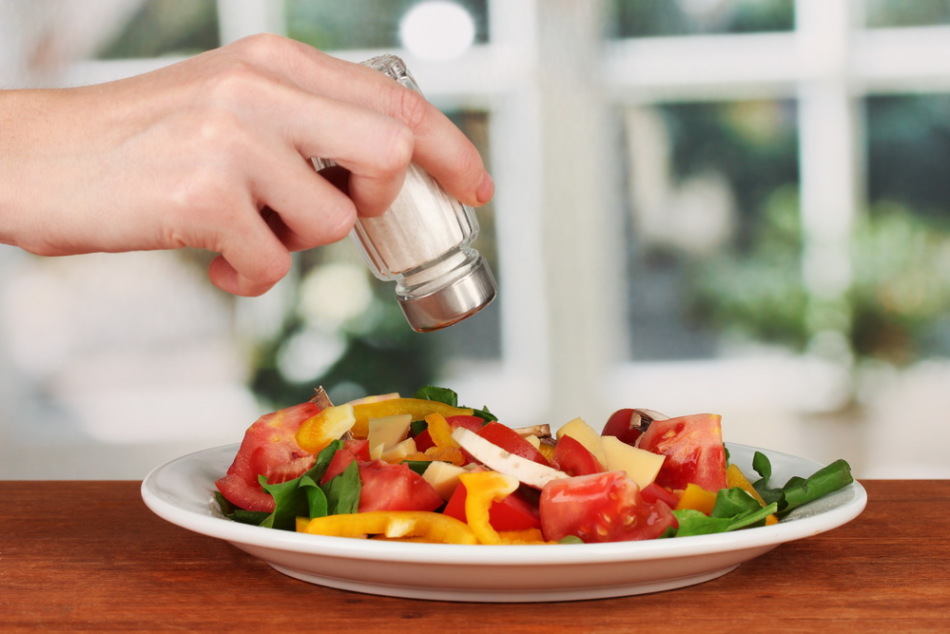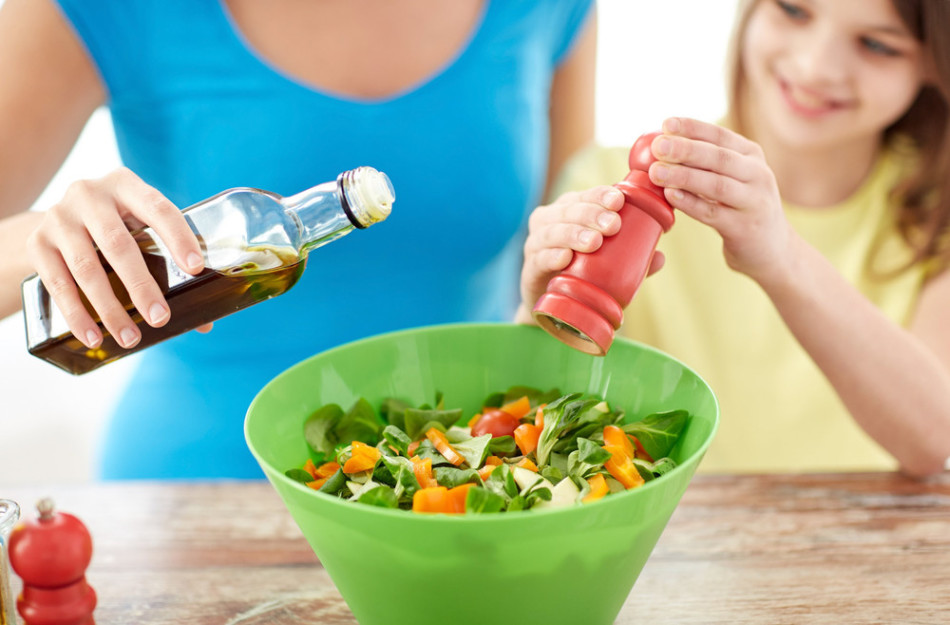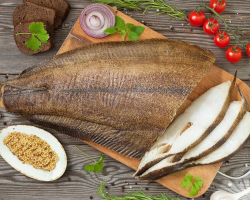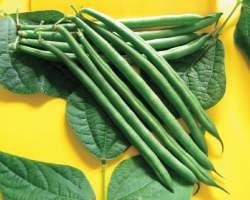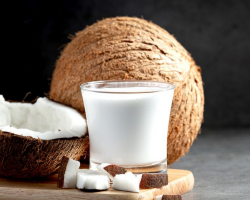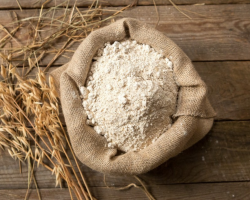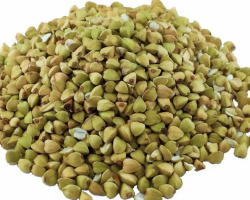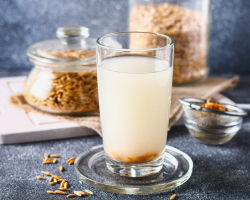More and more finished products appear on the shelves of supermarkets. Many of them in the composition have a large amount of salt, which retains the taste of the product, its color, texture. Scientists began to anxiety and called such a high dose of salt with a white death for man. What is the danger of salt for the body? What is the norm permissible and does a person need salt in general?
Content
- Why is salt called a white death?
- Salt increases pressure and partly contributes to the appearance of hypertension
- Sodium chloride performs the following important functions in the body
- The essence of the Japanese salt -free diet
- Rules of the Japanese diet
- Japanese diet for 14 days: menu
- Sunny diet: tips and reviews
- Video: salt and health. The benefits and harm of salt. Tips for Israeli experts
Why is salt called a white death?
Doctors strongly advise reducing the amount of salt in food. With the development of civilization, a person really began to use more sodium chloride. The process was launched even in the days of inns, when the owners salted food to cause thirst for customers. The more salty the dishes were, the more income brought a meal and a drink.
Today, a person has a special addiction to marinades, salty nuts, chips, store sauces. All these products contain a large amount of salt. Big, but dangerous?
A number of experts claim that salt is so harmful that a person should not at all use it. Here are the arguments of opponents of sodium chloride.
Theoretically, the human body removes 25 g of salt per day through urine, sweat, feces. Accordingly, having eaten more substance, you will create conditions for the accumulation of salt in the body. As practice shows, in reality a person is able to separate through sweat, urine and feces of only 3-5 g of sodium chloride. This fact reduces the daily dosage of salt to just a few grams. An excess of salt food forms real salt reserves in the body, which in turn create an imbalance between potassium and sodium. Outwardly, this is manifested in the swelling of different parts of the body.
IMPORTANT: Sodium accumulations displace other important minerals from fabrics - potassium, magnesium, calcium, iron, etc.
In a healthy person, sodium reserves contribute to the development of diseases. If these diseases are already available, then the excess salt additionally loads the cardiovascular system, kidneys and other organs.
In some diseases, it is recommended to reduce the consumption of sodium chloride or completely remove it from the diet. Such ailments include violations in the work:
- hearts
- vessels
- liver
- lungs
- blood diseases.
Salt increases pressure and partly contributes to the appearance of hypertension
A sharp decrease in sodium in food will lower and pressure by several points. Hypertensive patients are especially sensitive to large doses of salt, so they can not be abundantly seasoned with food.
Important: high pressure stretches the walls of blood vessels and makes them less elastic. The vessels are weakened, becoming a mild target for diseases such as a stroke and heart attack.
The process of the effect of salt on increasing pressure, and increased pressure - experts call the reason for the probability of strokes and heart attack the reason why it is worth monitoring the amount of sodium chloride consumed.
Sosolar diets are designed to cleanse the body of salt clusters. However, most experts do not advocate the complete exclusion of salt from the diet, but control over its consumption.
Sodium chloride performs the following important functions in the body
- Salt is a natural antidepressant. A sufficient amount of substance regulates the production of serotonin and melatonin in the brain, which are responsible for the sense of joy of a person.
- Salt is responsible for the rate of acidity in the cells. This process in brain cells is especially important. Too often, you should not resort to salt -free diets, since the lack of sodium increases the likelihood of development dementia.
- Healthy digestion without salt is impossible.
- Salt stabilizes the level of glucose in the blood and reduces the amount of insulin, which is necessary to neutralize excess glucose. That is why salted food is shown type 1 diabetics.
The essence of the Japanese salt -free diet
It is difficult to imagine a complete Japanese - so residents of the East follow their health. The Japanese later get old and die, and in life they experience less health problems than Europeans or Americans. This trend is primarily associated with the nutrition of the inhabitants of Japan.
Important: in the diet of the Japanese low -calorie, natural and fresh food. Unlike Russians and other nationalities, the Japanese eat less fatty meat, and their butter is not held in high esteem. The basis of the diet is rice, seafood, fresh vegetables and fruits, legumes, green tea, spices. And another important point is a small amount of salt in dishes.
The eastern diet requires a certain willpower. After all, this is food by the clock and according to the strict menu. The lack of sodium chloride and teaching to control over themselves and make up the essence of the Japanese diet. Otherwise, the east in the diet menu is not enough. The products are mostly selected European, that is, the technique is adapted to the inhabitants of Russia.

Rules of the Japanese diet
- The Japanese diet lasts 14 days and not during the day.
- You can re -use the proposed menu no earlier than a year later. Experts recommend resorting to a diet even once every few years.
- Remove salt, sugar, sweets, flour, alcohol from your menu.
- Drink from 1.5 liters of water per day. In addition to ordinary drinking water, it is allowed to use mineral water without gas, green and herbal tea.
Important: at the end of the deadline, do not pounce on the food in which they denied yourself. Following the principles of a balanced diet will help to consolidate the result. Returning to the usual regime will reduce all your efforts to zero.
Japanese diet for 14 days: menu
1st day:
- Breakfast: natural coffee without sweeteners.
- Lunch: A pair of eggs of software; chopped white cabbage seasoned with olive oil; 200 ml of fresh tomato juice or whole tomato.
- Dinner: fish dish; Chopped white cabbage seasoned with olive oil.
2nd day:
- Breakfast: black coffee without additives; Dried slice of white bread.
- Lunch: fish dish (steamed, welded or in grill); chopped cabbage with olive oil.
- Dinner: a portion of welded beef meat; 200 ml of kefir.
3rd day:
- Breakfast: natural coffee without sweeteners.
- Lunch: raw chicken; Wooked carrots tucked with a tablespoon of olive oil.
- Dinner: several sweet and sour apples.
4th day:
- Breakfast: natural coffee without additives.
- Lunch: Pasternak root fried with the addition of olive oil; A couple of sour apples.
- Dinner: Fruit to choose from.
5th day:
- Breakfast: chopped raw carrot with lemon juice.
- Lunch: fish dish; 200 ml of fresh juice from tomatoes.
- Dinner: fruits to your taste.
6th day:
- Breakfast: black coffee without sweeteners.
- Lunch: 0.5 kg of welded chicken meat without skin; Cabbage salad with a tablespoon of vegetable oil.
- Dinner: A pair of boiled chicken eggs; crushed raw carrots seasoned with olive oil.
7th day:
- Breakfast: a cup of tea without additives.
- Lunch: a portion of welded beef meat; Fruits for your choice.
- Dinner: Any dinner of previous days.
The second week Adhere to a similar menu, only in the reverse order, starting from the seventh day and moving to the first.
Important: before you sit on a diet, consult your doctor about possible contraindications. Find out the doctor about vitamin complexes necessary for your body during the stress period, which is a diet for your body.
Sunny diet: tips and reviews
The result of the Japanese technique will be a loss of up to 8 kg for the specified period. You will save your figure for several more years, provided that you take care of the principles of a healthy diet and will lead an active lifestyle. The advantage of the system is that it will not make you starve to starve. The menu is quite diverse and balanced, which means that the diet will not strike at your health.
The disadvantage of the diet is that food should be prepared without adding salt. Unlucky food is unpleasant to taste, especially for meat and fish.
There are small tricks of increased taste of unsalted dishes. For fish, use herbs and lemon juice.
Add onions, garlic, spices, dried vegetables and herbs to the meat. Natural soy sauce, which, by the way, is very common in Japan, will add sharpness and “salinity” to your dishes. Resort to foods such as horseradish, ginger, seaweed, apple cider vinegar - all of them will make food fragrant and tasty.
Important: for the diet to be even more effective, contribute to the release of salt accumulated in the body, often using fermented milk products.



